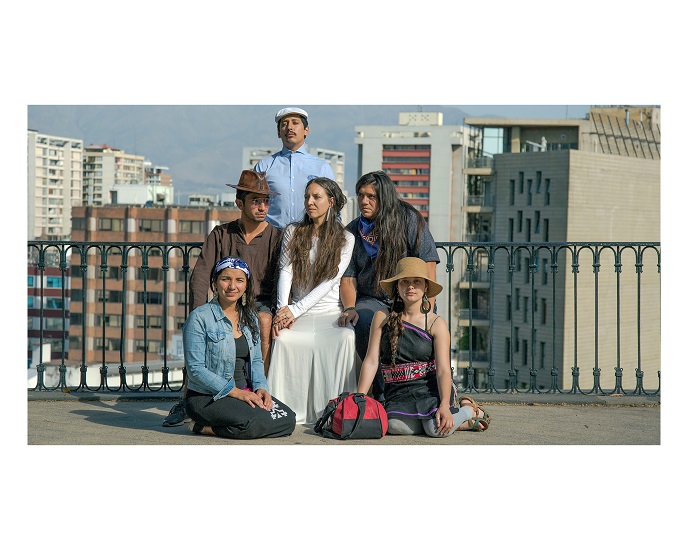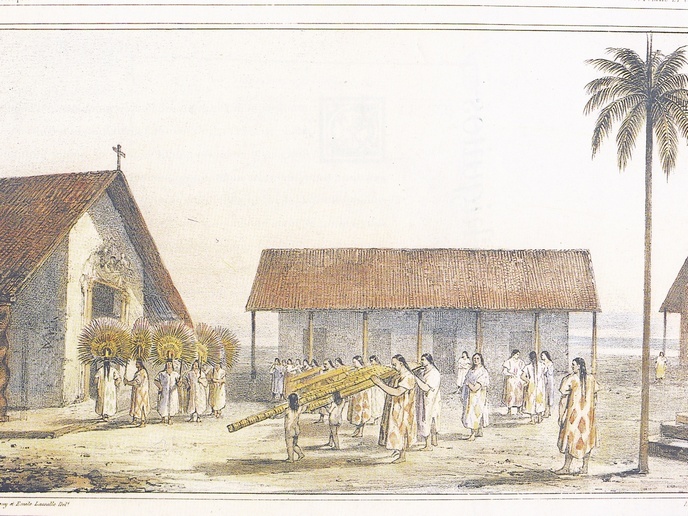Forensic knowledge: understanding conflict and violence
The courts call upon forensic scientists(opens in new window) to provide expert witness testimonies. Their knowledge about life, death, bodies and evidence impacts on our understanding of conflict and violence. The extent of this impact, however, has been overlooked. Addressing this is the EU-funded Shaping the conflict project, with the support of the Marie Skłodowska-Curie Actions(opens in new window) programme. “Our core goal was to bring to the forefront the role that forensic experts have in providing society with elements that shape the general public and the direct victims’ experiences of violence and armed conflict alike,” explains María Fernanda Olarte-Sierra, project coordinator. The project used a case study of the ongoing Colombian (post )conflict in which humanitarian and judicial forensic experts are trying to account for the conflict.
Co-shaping accounts of conflict and violence
Shaping the conflict helped show that forensic experts working in the context of transitional justice(opens in new window) play a fundamental role in peacebuilding and victim reparation. “They are not just mere witnesses or secondary actors,” notes Olarte-Sierra. The project also found that although death and dying in violent contexts may seem a well-known matter for forensic experts, working in a framework of transitional justice means a destabilisation of forensic practice as these specific experts know it. “Thus, the new context requires them to readjust their work and (un/re)-learn new forms of producing, managing and circulating knowledge and information,” outlines Olarte-Sierra. Such readaptation of forensic practice in transitional contexts and peacebuilding processes makes evident that forensic practice requires different protocols depending on the intention with which it is at play. “This is the case because the results of their knowledge have tangible effects on the people and the societies in which forensic science is performed. The needs of each context are specific, and they suppose that forensic experts readjust their work depending on the context in which they are,” adds Olarte-Sierra. Therefore, forensic practice and forensic experts’ work go beyond fixed and established scientific protocols and demand flexibility. “We also found that given the role that forensic sciences have had in Latin America, the forensic experts showed to be central to fulfilling the accords of the Colombian Peace Agreement(opens in new window) with the Revolutionary Armed Forces of Colombia – People’s Army (FARC-EP) at its fullest concerning victim identification and victim reparation,” notes Olarte-Sierra.
A better understanding of the work of forensic scientists
Shaping the conflict has provided a clearer understanding of the work that forensic experts do and their centrality in processes of transitional justice and victim reparation in war-ridden contexts. “We also made evident that forensic experts need to navigate the context in which they are immersed, understanding the social and political effects of the knowledge and information they produce, which directly repercusses on the administration of (transitional) justice and peacebuilding and reconciliation efforts,” outlines Olarte-Sierra. The project also provided new elements for thinking about the needed relationship between forensic experts and victims in contexts of violence or transitional justice, presenting the experts as persons with commitments, feelings and a sense of purpose. “This way of addressing and understanding forensic experts is novel and allows for an approach to victim reparation that openly includes their role as key actors in social, humanitarian, peacebuilding, judicial, and political scenarios,” concludes Olarte-Sierra.







